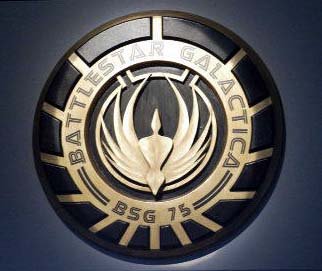Atrabilious (adjective)
Pronunciation: [æ-trê-'bi-li-ês] Listen
Definition: Peevishly gloomy; melancholic in the original sense of the word and exhibiting a proclivity for hypochondria.
Usage: The medieval assumption was that a superfluity of black bile (atrabile) caused melancholy, a gloomy and nasty disposition (black bile being one of the four humors flowing throughout the body—blood, phlegm, and choler, the other three). Now, "melancholy" has come to refer to little more than a pensive mood, perhaps soured by a jigger of depression. Today's word, though, retains the original meaning of peevish gloom, a setback many of us suffer (or enjoy) from time to time. "Atrabiliously" is the adverb and ”atrabiliousness" is the noun.
Suggested Usage: First, remember that the original meaning of today's word was pseudo-medical, so it always works in that context, "The dinner of cabbage and Polish sausage left Waldemar a bit dyspeptic and atrabilious, so he went home to call his doctor." But today it has become a fascinating substitute for "bad mood," whether passing or permanent: "Don't waste your jokes on Hammersmith; that atrabilious old goat has no sense of humor."
Etymology: From Latin atra bilis black bile + adjective suffix -ous. "Atra" comes from the same root as the adjective atrox "gloomy, dark, terrible," whose adverb, atrociter "violently, cruelly" underlies English "atrocity." Apparently, the connection is through "black" from the idea of "burnt." These words are somehow related to Sanskrit atharva "priest," and more clearly to Serbian vatra "fire" and Persian ataš "fire" from Old Persian "atar." Apparently, Latin atrium "atrium, foyer" shares the same origin, though the connection between fires and Roman atria is unclear. (Scott Stambler, a bit atrabilious himself at the time, sent us today's word.)
–Dr. Language, YourDictionary.com

No comments:
Post a Comment